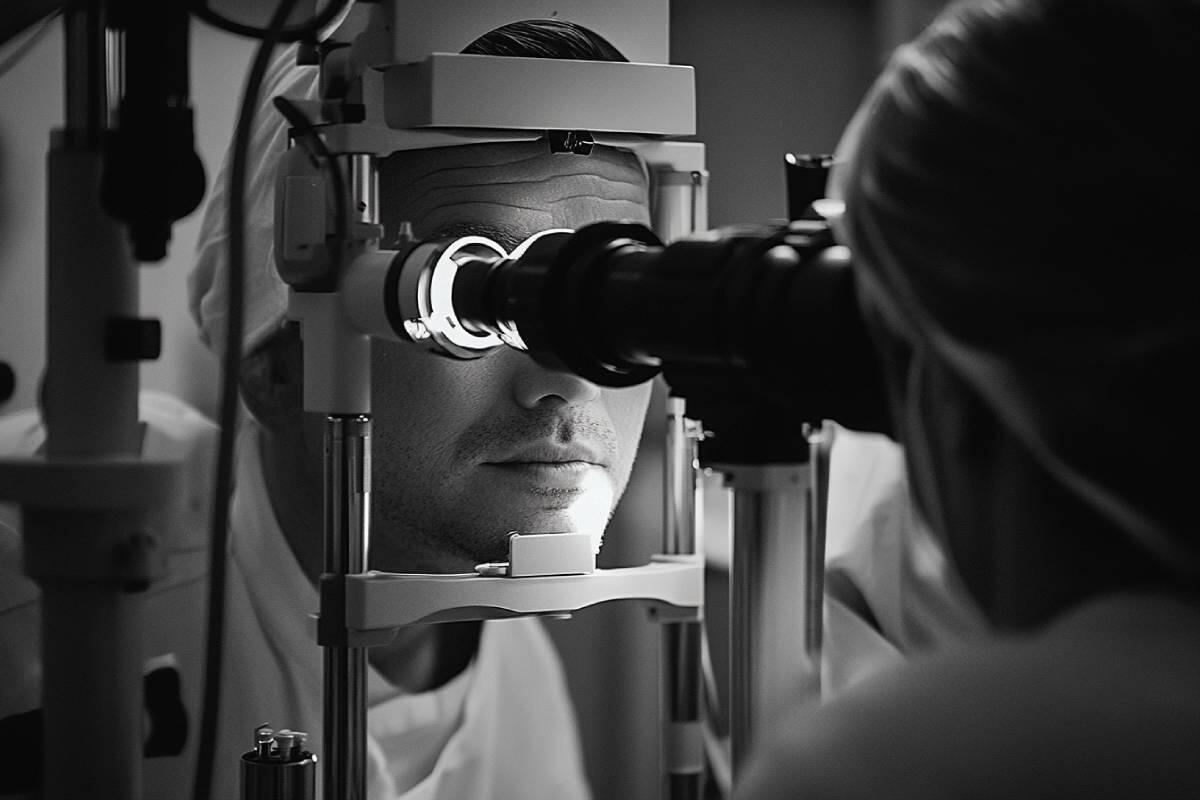Sudden Vision Loss in One Eye: What to Do Immediately
Sudden vision loss in one eye is a medical emergency that is often underestimated. Many people assume it will pass, attributing it to tiredness or a minor issue. However, it may signal a serious condition that requires immediate medical attention. Recognizing the symptoms and acting quickly can mean the difference between full recovery and permanent vision loss.
Why Does Sudden Vision Loss Occur?
There are several potential causes of sudden vision loss in one eye. The most common include retinal detachment, central retinal artery occlusion, optic neuritis, acute glaucoma, or intraocular hemorrhage. Each of these requires specific and immediate treatment.
Risk factors that increase the likelihood of such events include high blood pressure, diabetes, cardiovascular disease, smoking, advanced age, and family history of eye disorders. Recent eye or head trauma may also trigger these symptoms.
Warning Signs to Look Out For
In addition to sudden vision loss, other symptoms may indicate a serious issue. These include the appearance of a black curtain, flashing lights, floaters, or blurry vision in one eye. Some patients also report eye pain, headache, or nausea.
These warning signs should never be ignored. Even if they seem to improve, prompt medical evaluation is crucial to prevent complications.
What to Do Immediately
The most important step is to not wait. A sudden loss of vision should never be dismissed or monitored at home. Every minute counts, especially in cases like retinal artery occlusion or detachment.
You should see an ophthalmologist or visit the nearest emergency room without delay. If unavailable, contact emergency medical services to receive immediate guidance and evaluation.
What Tests Will Be Performed?
To determine the cause of the vision loss, the ophthalmologist may perform tests such as fundus examination, optical coherence tomography (OCT), intraocular pressure measurement, and possibly an MRI or CT scan, depending on symptoms. These tests are essential for making an accurate diagnosis and choosing the right treatment.
Possible Treatments Based on the Cause
Treatment varies depending on the cause. For retinal detachment, emergency surgery is usually required. In cases of arterial occlusion, anticoagulants or thrombolytic medications may be administered. For optic neuritis, corticosteroids are often prescribed. If acute glaucoma is diagnosed, the goal is to reduce eye pressure quickly through laser procedures, medication, or surgical drainage.
Early intervention is key to preserving vision.
Conclusion
Sudden vision loss in one eye is never a minor issue. Even if symptoms seem temporary, rapid action is crucial to avoid irreversible damage. Being informed and knowing what to do in these situations can protect your long-term eye health.
If you experience sudden vision loss, no matter how mild, don’t wait. Schedule an urgent consultation with an ophthalmology specialist at Clinic Consultation through https://www.clinicconsultation.in, and receive a fast, accurate diagnosis with expert care.
